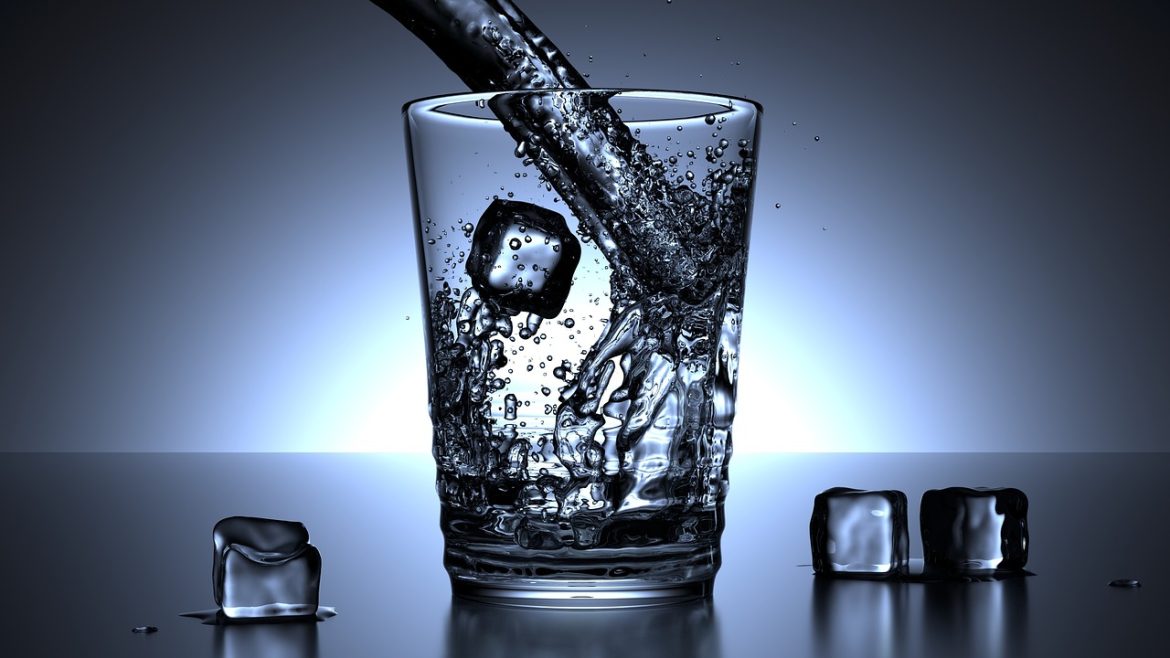Understanding Iron Filtration
Think about the hassle of rust-colored stains in your bathroom or the odd metallic taste when you take a sip of water. That’s where iron filtration steps into the spotlight, particularly for folks depending on well water. Knowing what iron can mess up and why filtration matters helps keep your water safe and drinkable.
Importance of Iron Filtration in Well Water
Iron filtration is a big deal if you’re pulling water from a well. Too much iron can be quite a nuisance, causing:
| Annoyances You Might Face with Iron in Well Water |
|---|
| Staining Nightmares: Iron tends to leave reddish-brown stains behind on your sinks, tubs, and clothes, meaning more cleaning up for you. |
| Funky Taste and Smell: When iron levels shoot up, your water might taste like a rusty nail and smell off-putting, making every sip less refreshing. |
| Plumbing Headaches: Iron can clog up your pipes like a blocked artery, leading to corrosion and slowing water flow, cranking up repair bills. |
| Short-lived Appliances: Iron builds up in household helpers like water heaters and dishwashers, messing with how well they work and shortening their life. |
Keeping those iron filtration systems in check can help sidestep these issues, ensuring your water’s as pristine as can be, ready for anything from a refreshing shower to cooking dinner.
Common Issues Caused by Iron in Well Water
| Why Iron Filtration is Your Friend |
|---|
| Keeping Pipes Happy: Iron filtration stops iron from piling up in your plumbing and appliances, keeping them running smoothly and lasting longer. |
| Better Water, Every Day: Say goodbye to weird colors, smells, and tastes; filtration sifts out iron and other particles, upping your water’s quality. |
| Health Gets a Boost: Too much iron can upset your stomach. Filtering it out keeps your family healthy and avoids unnecessary medical worries. |
Grasping why iron filtration matters lets homeowners make smart choices about the right filtration system. By sorting out iron troubles early, you get to enjoy pure, iron-free well water every single day.
Pricing Analysis of Iron Curtain Water Filters
If you’re tackling iron-laden well water, figuring out the cost of Iron Curtain water filters is a big deal. Homeowners want to fix their iron hassles without breaking the bank. Let’s see what affects the price of these filters and which ones give you the best bang for your buck.
What Makes Iron Curtain Water Filters Cost What They Do
Several things can drive up or keep down the cost of Iron Curtain water filters. Here’s what to watch for:
- Filter Size: Bigger filters mean pricier tags because they handle more H2O.
- How Well It Works: If a filter’s really top-notch at trapping iron, you’ll probably pay more.
- Setup Hassle: The more complicated the install, the more you might pay someone to put it in.
- Keeping It Going: If you need special tools or replace parts a lot, you’re looking at extra costs down the line.
- Name on the Box: Brands everyone knows or those with extra bells and whistles usually cost more.
Think about these elements when you’re trying to figure out if an Iron Curtain water filter is worth money. Make sure it matches your well water iron levels and how much water you go through. Click Here
Weighing the Value of Different Iron Curtain Water Filters
To suss out the value of different Iron Curtain water filters, compare the price, upkeep, and how long each one lasts. Here’s a breakdown:
| Iron Curtain Water Filter | Upfront Price | Yearly Upkeep | Expected Lifespan | Total Cost for Life of Filter |
|---|---|---|---|---|
| Filter A | $500 | $100/year | 5 years | $1000 |
| Filter B | $700 | $50/year | 7 years | $1050 |
| Filter C | $600 | $75/year | 6 years | $1050 |
In this lineup, Filter A is cheaper to buy but costs more each year to keep up than Filters B and C. Filter B may cost more up front, but with lower yearly costs and a longer life, it evens out to cost the same as Filter C over time.
Studying these numbers helps homeowners pick a filter that doesn’t just handle iron well, but also keeps spending in check in the long haul. You’ll get the clean water you need, without the hefty price tag.
